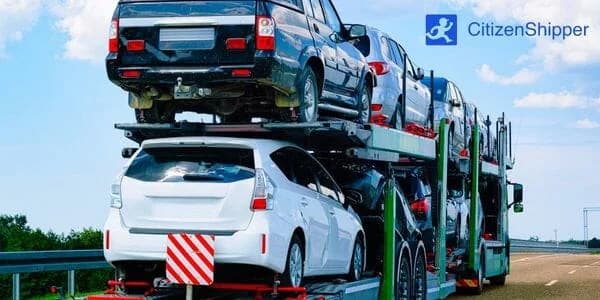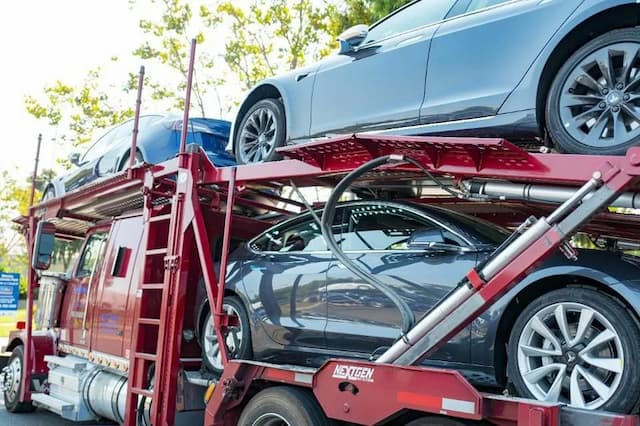Navigating Car Transport in Phoenix, AZ
When it comes to shipping your car in Arizona, there's a world of factors to consider. Arizona, with its extreme desert climate, diverse terrain, and unique transportation challenges, presents a distinct set of circumstances. But don't worry! Here at CitizenShipper, we are committed to helping you navigate through it all. Whether you're moving into or out of Phoenix or need to transport your car for any reason, our expert team is here to help.
Arizona's Vehicle Transportation Laws & Regulations
In Arizona, car transportation laws and regulations are in place to ensure the safety and preservation of all vehicles and public roadways. Auto transporters must adhere to the Federal Motor Carrier Safety Administration (FMCSA) regulations for safety. Compliance involves ensuring that all vehicles are properly secured during transport and maintaining necessary documents for every shipped vehicle.
All auto transporters operating in Arizona must also possess an active MC Docket number, issued by the FMCSA. This number signifies that a transportation company is registered under the federal government, allowing them to legally operate across state lines. Additionally, Arizona has specific weight restrictions on highways that transporters must follow, especially during extreme heat conditions when road surfaces can be affected.
Weather & Terrain Considerations in Phoenix, AZ
Weather patterns in Phoenix, AZ have a significant impact on car shipping. With a hot desert climate, Phoenix experiences extremely hot summers with temperatures regularly exceeding 100°F (38°C) and mild, pleasant winters. The monsoon season (June to September) can bring sudden, severe dust storms and flash floods, which can temporarily halt transportation operations.
Phoenix's terrain is predominantly flat desert valley surrounded by mountain ranges, making it generally accessible for vehicle transportation. However, the extreme heat can pose challenges for car carriers, as vehicles and equipment may require additional precautions to prevent overheating. It's advisable to schedule long-distance shipments during cooler months if possible, and to work with transporters experienced in desert conditions who understand how to protect vehicles from sun damage and heat-related issues.








